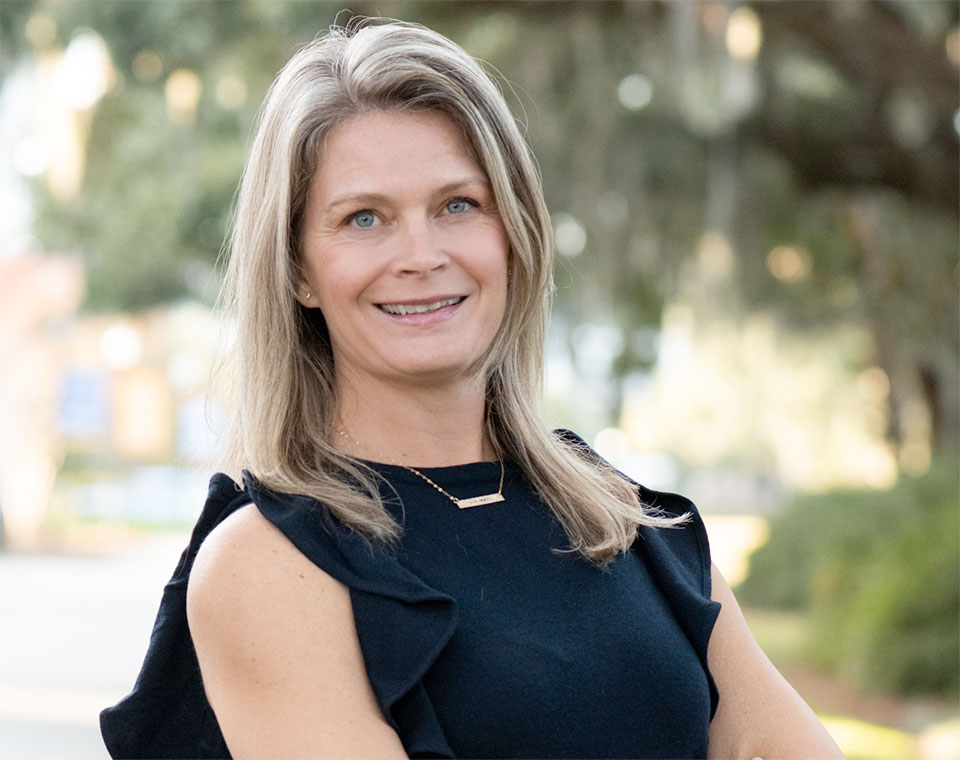4 Principles of Financial Freedom to Teach Your Children

As leaders in the business world, your days are filled with challenges and opportunities to shape the success of the companies you manage. Endless hours are spent getting things “just right” while constantly analyzing the success or failure of these decisions; to say that your days and many nights are consumed with planning, organizing, and execution is a severe understatement. As a business owner myself, I empathize.
Presumably, your business and your personal balance sheets reflect your efforts, but does your personal balance sheet reflect your values? In his New York Times Best-seller, The Road to Character, David Brooks describes our resume virtues and our eulogy virtues. Our resume virtues as a CEO are those things that bring us professional success through wealth, fame, and status. Our eulogy virtues are those things that are reflective of who we are and what we value most such as honesty, kindness, bravery, faithfulness, etc. I see values and virtues as interchangeable concepts.
To many, your personal balance sheet is a collection of your assets and liabilities: just a statement, a piece of paper with numbers, but to me, a financial professional who empowers generational wealth, it is reflective of your story your journey. It’s an expression of who you are and what you value. So, let me ask again, does your Personal Balance Sheet reflect your values? Take a close look at it; what does it say to you?
Early on in my career I learned that in order for me to manage money, I needed to connect personally with my clients, those who acquired the money and understood their purpose. For your business you probably have a mission statement and a vision statement. These typically include things like your business purpose, along with your objectives, goals, and values. This serves as your map and helps to inform decisions you make as a leader of the business. Do you have a similar statement for your family?
Just as you lead and mentor your staff to carry on the values of your business, you must do the same with your family. Often, we spend so much time providing for our families financially to help them live well physically, socially, and emotionally that we overlook providing for their financial wellness. Financial wellness, simply put, is the ability to have a healthy financial life. This doesn’t have anything to do with dollars and cents; it has to do with the ability of your children and family to achieve minimal financial stress, establish a strong financial foundation, and understand how to save, spend, share, invest, and create an ongoing plan to reach their future goals.
As parents, we no longer have the option of avoiding the subject of money with our children. I have always been curious about what it is that makes some children financially well and others not, even in the same households. In working with many different families and doing research for my book, I came across the term Financial Socialization. Financial Socialization is the learned process of acquiring knowledge about money and money management and developing skills in various financial practices. A learned process, and who do you think research shows are their primary teachers? Parents! So our children can be negatively or positively financially socialized. As parents, if we choose not to have the money conversation and instead provide financial support without context or proper socialization, we are doing our children a grave disservice.
Every hour of every day, parents are “teaching” their children about finances, among many other things, with their own behavior. If you make a habit of spending unconsciously or irresponsibly, you run the risk not only of creating your own negative financial situation, but also of passing your financially unhealthy behavior onto your children.
Here are four principles you can model for your children to help positively socialize them to focus on life skills for financial wellness. To teach kids healthy spending and saving habits that will prepare them for life, Stephanie recommends practicing these financial principles:
- Teach them that saving = freedom. You have heard the term “Pay yourself first”; add to that “Saving equals freedom.” Good habits are the difference between success and failure when it comes to saving and investing money. Many people opt out of saving when given the choice, either because they just don’t think they can afford to, or they don’t have a clear understanding of how savings will provide them with choice and freedom. Help your children understand that money isn’t just for spending and buying things; money is a tool that provides them with choices, flexibility, and freedom to live their life on purpose.
- Model the behavior you want your kids to learn and talk about it. Every day brings opportunity to show children and young adults about the simple process of spending, saving, and investing, and also to demonstrate the values that guide your choices. Live in a place where you spend and save thoughtfully, where your behaviors and thinking about your finances contribute to your personal well-being, and where anything is possible. Modeling the behavior isn’t enough; talk about why you chose to spend a certain way or why you invested a certain way. Explain your thought process to your children, engage them, and make them part of the money management process.
- Don’t rely on government or corporations to dictate what your retirement will look like, because they can’t. Corporations may match contributions, but very few, and fewer by the day, are providing true pensions for employees; they simply can’t afford it. And the government — let’s not go there. So the freedom that we wish for our children must come to them by their own doing. They must save for their future selves. Our country’s financial foundation is no longer stable, and the only way to fix it for ourselves and future generations is to take charge and DIY (do it yourself).
- Understand that financial literacy is no longer optional. We must shift our thinking from allowing our children to take minimal personal responsibility and acquire limited financial knowledge to consciously increasing the level of education our children receive on financial matters. The next few generations don’t have the luxury of waiting until age 50 or 60 to pay attention to their financial wellness and money management habits.
Let’s help our children work toward living a life of financial mindfulness and well-being in order to better enjoy their present lives as well as their future, especially when we are no longer around to help them.
Commentary by Stephanie W. Mackara. Here’s what you’ve missed?
Countries With The Largest Household Size.
World’s Best (And Worst) Countries For Older People To Live In.
World’s Best Countries For Investment In Travel And Tourism Sector.
O’Mega superyacht and TITANIA superyacht available for Luxury Superyacht Charter.
Add CEOWORLD magazine to your Google News feed.
Follow CEOWORLD magazine headlines on: Google News, LinkedIn, Twitter, and Facebook.
Copyright 2024 The CEOWORLD magazine. All rights reserved. This material (and any extract from it) must not be copied, redistributed or placed on any website, without CEOWORLD magazine' prior written consent. For media queries, please contact: info@ceoworld.biz








